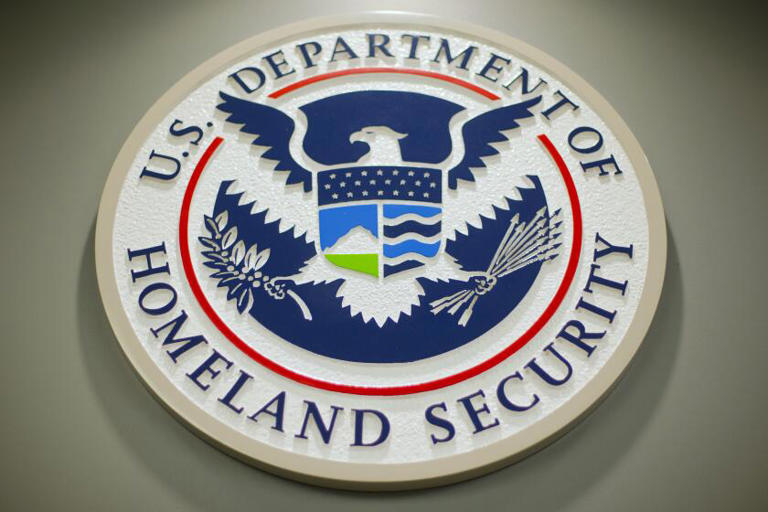The Biden administration has resumed its immigration program, allowing migrants from Cuba, Haiti, Nicaragua, and Venezuela to enter the United States.
The program, initially paused due to fraud concerns, now includes stricter vetting procedures for U.S.-based financial sponsors.
The Department of Homeland Security (DHS) had suspended the program earlier this month for an internal review, which ultimately found no widespread fraud among sponsors.
However, DHS is implementing additional scrutiny, including requiring sponsors to submit fingerprints and undergo financial and criminal background checks. The enhanced measures aim to safeguard the program’s integrity and protect beneficiaries from exploitation.
Launched in January 2023, this program is a key component of the Biden administration’s immigration policy, designed to create legal entry pathways while curbing illegal border crossings.
It allows up to 30,000 people per month from these four countries to come to the U.S. with work authorization, provided they have a financial sponsor who vouches for them. Migrants must fly into the U.S. rather than crossing the southern border by land.
Despite Republican criticism labeling the program as an “end-run” around immigration laws, DHS maintains that the migrants and their sponsors undergo rigorous vetting.
Since the program’s inception, over 520,000 people from the four countries have arrived in the U.S., significantly reducing illegal border crossings.



